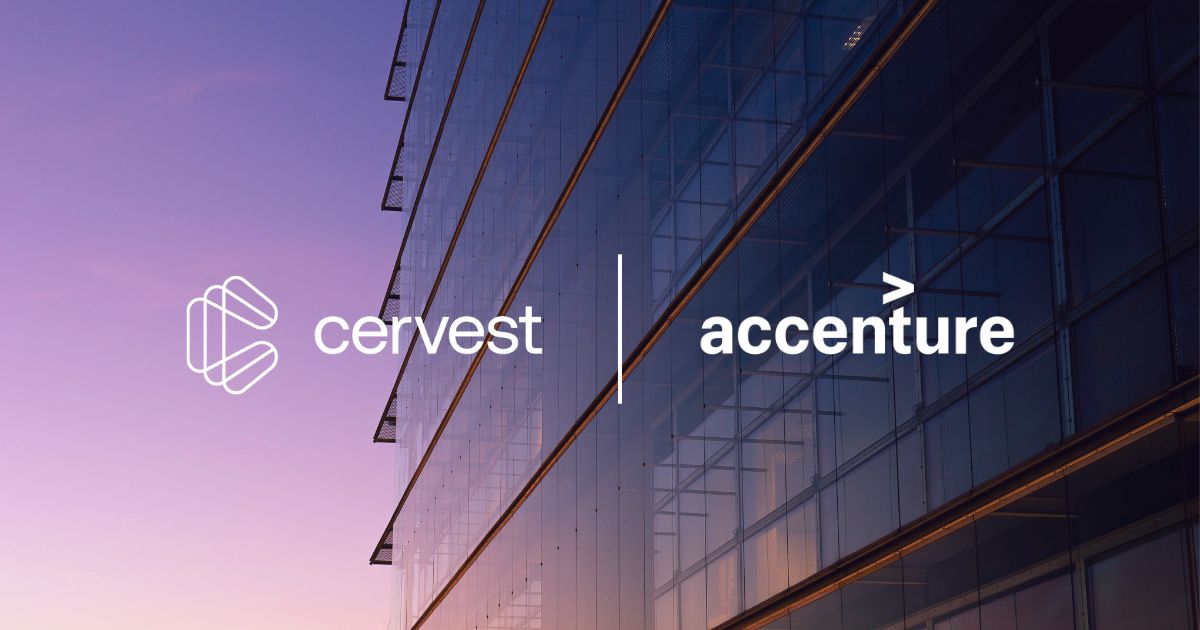Looking Ahead to Sustainability LIVE 2022

Tomorrow is the start of Sustainability LIVE, a major, two-day conference dedicated to creating “actionable change and real-world partnerships” in the Environmental, Social, and Governance (ESG) space. I will be attending the event alongside a number of my colleagues from Cervest, and we are all looking forward to discussing topics like climate resilience and the circular economy with our peers.
I applaud Sustainability LIVE’s efforts to bring important ESG-related issues front and center. However, several crucial subjects like climate adaptation and disclosures have been omitted from this year’s agenda. Without them, the conference risks telling only half the story of how businesses must adapt to the consequences of climate change.
Net Zero is essential but insufficient
One of Sustainability LIVE’s core themes is Net Zero & The Planet. While reaching Net Zero is vital to the long-term stability of the climate - and it's essential that companies and governments set ambitious targets - it won't be enough to address the extreme weather and other climatic hazards that have already been ‘locked in’ by decades of historic emissions.
We can’t afford to focus on climate mitigation alone or to assume that Climate Action starts and ends with achieving Net Zero. Instead, we need to invest heavily in adaptation; preparing our infrastructure, resources and assets for the effects of climate change. To put it succinctly, using the words of Emma Howard Boyd, Chair of the Environment Agency, “adapt or die.”
Disclosure requirements - a surprising omission
I was deeply surprised to see climate-related financial disclosure (CFD) omitted entirely Sustainability LIVE’s official event schedule.
Governments across the world are working to make climate-related disclosures mandatory. The UK’s TCFD-aligned disclosure requirements come into force in just over six weeks, affecting some 1,300 companies. In the United States, President Biden has signed an executive order “to advance consistent, clear, intelligible, comparable, and accurate disclosure of climate-related financial risk.”
Despite the growing reach of regulation, Cervest’s 2021 climate-related financial disclosure report found that 80% of British and American companies “still need to invest in talent and software to implement their climate risk disclosure strategy.” Access to reliable, actionable data is another significant obstacle to satisfying government requirements, with more than 40% of respondents citing “trust in data integrity” and “a lack of real-time/actionable intelligence” as major barriers to making accurate, climate-related disclosures.
While increased regulation will cause problems for some companies, businesses that embrace climate-risk analysis stand to gain a significant competitive advantage. By leveraging Climate Intelligence (CI), through products like EarthScan™, businesses can improve their climate literacy, identify stranded assets and protect vulnerable properties, all of which will fortify their bottom line against the accelerating effects of climate change.
Shoring up supply chains
Sustainability LIVE has dedicated an event track to the future of supply chains. However, it seems most conversation will center on how companies can increase sustainability and circularity through their global networks of raw material, parts and equipment providers, rather than accounting for climate-related disruptions. Again, Sustainability LIVE risks painting an incomplete picture.
In addition to thinking about sustainability, companies must prepare their supply chains, which enable nearly $20 trillion of trade annually, for extreme weather events and other hazards caused by climate change. In a recent analysis, McKinsey estimated that “downstream players could lose up to a third of annual revenue if supply is disrupted for an illustrative period of five months”, while a well-prepared player “may only lose about 5 percent of revenue in a similar event.”
Climate Intelligence will play a big role in protecting supply chains from climatic threats. CI allows companies to monitor the climate risks facing assets across their entire supplier network. With this insight, companies will be able to spot potential weak links in their supply chains, transfer their business to less exposed providers, and develop contingency plans based on data.
It all starts with discovering risk
Sustainability LIVE should be commended for helping businesses to define and elevate their Net Zero goals and follow the principles of the circular economy. It’s sterling work in this area, and it’s ability to unite experts and business decision-makers, are two of the main reasons I am looking forward to attending.
Still, the event should leave more room for discussions about how companies and communities can build resilience against the impacts of climate change. The gravity of this issue cannot be understated. In 2021, global economic loss from natural catastrophes reached $343 billion, 27% higher than the 21st-century average. By 2050, climate change could cause worldwide economic output to fall by up to 18%, equating to a $23 trillion loss. These jarring figures speak to our urgent need to embrace climate resilience.
Working towards climate resilience requires companies to leverage Climate Intelligence. According to a recent market perspective from IDC, extreme weather events, which “can and increasingly will wreak havoc on businesses’ core operations”, are making CI “strategic priority for organizations worldwide”. Climate Intelligence gives businesses asset-level data that takes into account multiple hazards, scenarios and timescales. Using these insights, provided by a single source of truth, businesses can effectively embed resilience into their assets, and incorporate it into their strategy.
I look forward to making the case for Climate Intelligence over the coming days at Sustainability LIVE, and to talking to business leaders about their own experiences building climate resilience into their business models. This year’s agenda may have no mention of ‘resilience’ of ‘adaptation’, but one way or another, it must be an important part of the debate.
If you're interested in partnering with Cervest or discussing our technology at Sustainability LIVE, please reach out to me on LinkedIn!
Share this article
Our latest news and insights

Accenture and Cervest collaborate to bring innovative solutions to clients seeking resilience amid increased climate risk
Read more
What is climate intelligence and why do businesses and governments need it?
Read more
